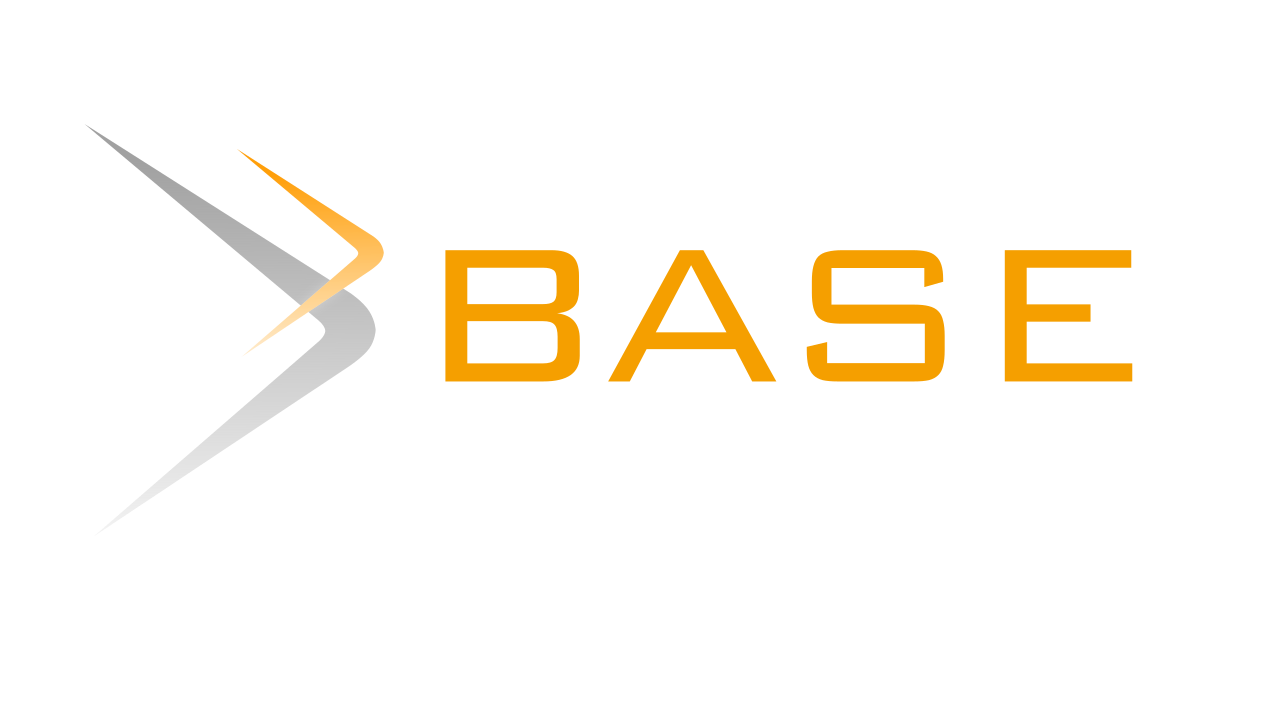Internal Whistleblowing: Analysis of Personal Characteristics and Organizational Commitments with Ethical Climate as Moderating Variables
DOI:
https://doi.org/10.32486/aksi.v7i2.328Keywords:
Intention to Internal Whistleblowing, Organizational Commitment, Personal Cost, Machiavellian Character, Ethical ClimateAbstract
The desire of individuals within an organization to be willing to take whistleblowing actions will be very beneficial for the organization to achieve its goals. However, the desire or intention to carry out internal whistleblowing is still low in practice. This can be caused by organizational commitment, Personal Cost, Machiavellian Character, and Ethical Climate. This study examines and analyzes the effect of organizational commitment, personal cost, and machiavellian character on the intention to carry out internal whistleblowing with an ethical climate as a moderating variable. This research was conducted using a survey method by distributing questionnaires to civil servants in the finance department of the Riau Provincial Government. The non-probability sampling technique does the sampling technique. Seventy-three questionnaires can be used. Data analysis using WarpPLS 7.0. The findings of this study suggest that the intention to engage in internal whistleblowing is influenced by organizational commitment, personal cost, and Machiavellian character. The influence of organizational commitment, personal cost, and machiavellian character on the intention to engage in internal whistleblowing can be moderated by the ethical context
References
Abdullah, M. W., & Hasma, H. (2018). Determinan Intensi Auditor Melakukan Tindakan Whistle-Blowing Dengan Perlindungan Hukum Sebagai Variabel Moderasi. EKUITAS (Jurnal Ekonomi Dan Keuangan), 1(3), 385–407. https://doi.org/10.24034/j25485024.y2017.v1.i3.2096
Alleyne, P., Haniffa, R., & Hudaib, M. (2019). Journal of International Accounting , Auditing and Taxation Does group cohesion moderate auditors ’ whistleblowing intentions ? “Journal of International Accounting, Auditing and Taxation,” 34, 69–90. https://doi.org/10.1016/j.intaccaudtax.2019.02.004
Curtis, M. B., & Taylor, E. Z. (2009). Whistleblowing in Public Accounting : Influence of Identity Disclosure , Situational Context , and Personal Characteristics. 2008.
Dalton, D., & Radtke, R. R. (2013). The Joint Effects of Machiavellianism and Ethical Environment on Whistle-Blowing. 153–172. https://doi.org/10.1007/s10551-012-1517-x
Elias, R., & Elias, R. (2008). Auditing students ’ professional commitment and anticipatory socialization and their relationship to whistleblowing. https://doi.org/10.1108/02686900810857721
Ghani, N. A. (2013). Predicting Whistle-blowing Intention in Malaysia : Evidence From Manufacturing Companies. January.
Ghozali, I. (2016). Aplikasi Analisis Multivariete IBM SPSS. In Semarang, Universitas Diponegoro. https://doi.org/10.1017/CBO9781107415324.004
Ghozali, I. (2018). Aplikasi Analisis Multivariate dengan Program IBM SPSS 25 (Universita).
Ghozali, I, & Latan, H. (2015). Partial Least Squares : Concepts, Techniques and Applications Using Smarts Pls 3 (2nd ed.). Universitas Diponegoro.
Hwang, D., Staley, B., Chen, Y. Te, Lan, J., Hwang, D., & Staley, B. (2011). Confucian culture and whistle-blowing by professional accountants : an exploratory study. https://doi.org/10.1108/02686900810875316
Johnson, D. A., Morris, D., & Dyrnes, S. (2015). An Investigation of the Reporting of Questionable Acts in an International Setting. 31(1993), 75–103.
Jr, C. H. S. (2001). Ethical climate ’ s relationship to job satisfaction , organizational commitment , and turnover intention in the salesforce. 54, 39–52.
Latan, H., & Ringle, C. M. (n.d.). Whistleblowing Intentions among Public Accountants in Indonesia : Testing for the Moderation Effects Whistleblowing Intentions among Public Accountants in Indonesia : Testing for the Moderation Effects.
Latan, H., Ringle, C. M., & Jabbour, C. J. C. (2018). Whistleblowing intentions among public accountants in indonesia: Testing for the moderation effects. Journal of Business Ethics, 152(2), 573–588. https://doi.org/10.1007/s10551-016-3318-0
Martin, K. D., & Cullen, J. B. (2006). Continuities and Extensions of Ethical Climate Theory : A Meta-Analytic Review. 175–194. https://doi.org/10.1007/s10551-006-9084-7
Motowidlo, J. (2013). No Title. 11(4), 710–725.
Mulki, J. P., Jaramillo, F., & Locander, W. B. (2006). Effects of ethical climate and supervisory trust on salesperson’s job attitudes and intentions to quit. Journal of Personal Selling and Sales Management, 26(1), 19–26. https://doi.org/10.2753/PSS0885-3134260102
Park, H., & Blenkinsopp, J. (2009). Whistleblowing as planned behavior - A survey of south korean police officers. Journal of Business Ethics, 85(4), 545–556. https://doi.org/10.1007/s10551-008-9788-y
Pedoman 2008. (2008).
Peterson, B. K., & Gibson, T. H. (2003). Student health services : a case of employee fraud. 21, 61–73.
Rohmaida Lestari, & Rizal Yaya. (2017). Whistleblowing Dan Faktor-Faktor Yang Memengaruhi Niat Melaksanakannya Oleh Aparatur Sipil Negara. Jurnal Akuntansi, XXI(03), 336–350.
Saiful, A., Puteh, A., Zakaria, K. M., & Nawawi, A. (2018). The impact of weak internal controls on fraud. September, 96–105.
Sugiyono. (2014). Metode Penelitian Kuantitatif Kualitatif dan R&D. Alfabeta.
Victor, B., Cullen, J. B., Administrative, S., Quarterly, S., Mar, N., Victor, B., & Cullen, J. B. (2014). The Organizational Bases of Ethical Work Climates. 33(1), 101–125.
Winardi, R. D. (2013). The Influence Of Individual And Situational Factors On Lower-Level Civil Servants ’ Whistle-Blowing. 28(3), 361–376.
Zarefar, A. (2018). Influence of Machiavellian Character and Ethical Environment to Whistleblowing Intention.
Zarefar, A., Adri, R., Surya, S., & Mela, N. F. (2018). The Machiavellian Character , Ethical Environment and Personal Cost in their impact to Whistleblowing Intention ( Empirical Study on SAMSAT of Pekanbaru City and Rokan Hulu Regency ). Jurnal Akuntansi dan Keuanagan Bisnis.11(1), 79–88.
Zhang, J., Chiu, R., & Wei, L. Q. (2009). On whistleblowing judgment and intention: The roles of positive mood and organizational ethical culture. Journal of Managerial Psychology, 24(7), 627–649. https://doi.org/10.1108/02683940910989020
Downloads
Published
How to Cite
Issue
Section
License
Copyright (c) 2022 Harry Setiadi, Rita Anugerah, Yesi Mutia Basri

This work is licensed under a Creative Commons Attribution-ShareAlike 4.0 International License.













